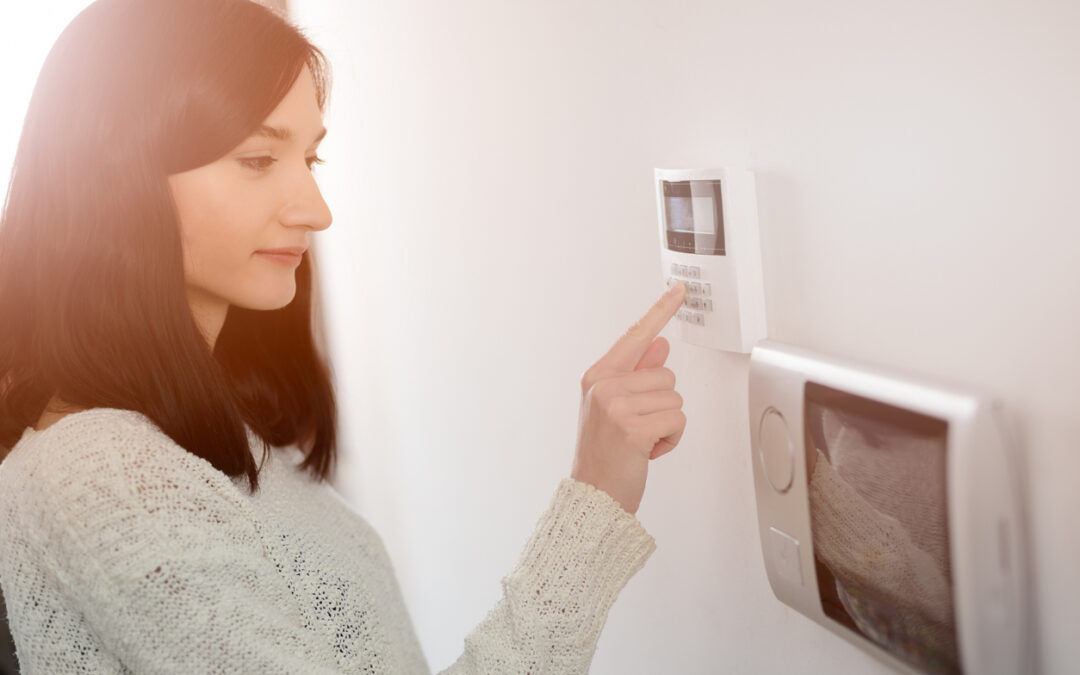Alarm systems are a crucial component of modern security strategies, offering protection and peace of mind for both residential and commercial properties. These systems have evolved significantly, incorporating advanced technology and features designed to detect and respond to various threats efficiently. Understanding the different types of alarm systems and their functionalities is essential for making informed decisions about security.
Alarm systems are designed to detect unauthorized entry, fire, carbon monoxide, and other emergencies. Each type of alarm system plays a specific role in protecting property and occupants, and many modern systems integrate multiple functions into a single, cohesive unit.
Intrusion alarms are the most common type of alarm system. These systems use sensors placed on doors, windows, and other entry points to detect unauthorized access. When a sensor is triggered, the system alerts the property owner and, in many cases, a monitoring service that can dispatch emergency responders. Advanced intrusion alarms can differentiate between routine activities and potential threats, reducing false alarms and enhancing security.
Fire alarms are essential for detecting smoke and heat, alerting occupants to potential fires before they become unmanageable. These systems are equipped with smoke detectors, heat sensors, and manual pull stations, ensuring comprehensive coverage. Many fire alarms are integrated with sprinkler systems and emergency lighting to provide a robust response to fire incidents.
Carbon monoxide alarms detect the presence of this colorless, odorless gas, which can be deadly if undetected. These alarms are typically installed near sleeping areas and any location with fuel-burning appliances. Early detection of carbon monoxide allows occupants to evacuate and seek fresh air, preventing poisoning.
Modern alarm systems often include environmental sensors that detect flooding, temperature changes, and other environmental hazards. These sensors provide an additional layer of protection, particularly in areas prone to natural disasters or harsh weather conditions.
A critical feature of advanced alarm systems is their integration with smart home technology. This integration allows users to control and monitor their alarm systems remotely via smartphones or tablets. Users can arm or disarm their systems, receive real-time alerts, and view live camera feeds, providing flexibility and control over their security.
Professional monitoring services add another dimension to alarm system effectiveness. When an alarm is triggered, these services contact the property owner and, if necessary, dispatch emergency responders. This immediate response can be crucial in mitigating damage and ensuring safety during emergencies.
The installation and maintenance of alarm systems are also vital considerations. Professional installation ensures that the system is correctly set up and fully operational, while regular maintenance checks help keep the system functioning optimally. Certified technicians can identify potential issues and perform necessary updates or repairs.
Choosing the right alarm system involves assessing the specific needs of your property and understanding the various options available. Factors to consider include the size of the property, the types of threats you are most concerned about, and the level of integration you desire with other smart home devices.
Experience the benefits of cutting-edge alarm systems by visiting Dawson Security Group, Inc. in The Woodlands or reaching out to learn more about how these innovations can enhance your security. Proudly safeguarding Southeast Texas since 1998, Dawson Security Group, Inc. combines advanced technology with expert knowledge to provide top-tier security solutions. At Dawson Security Group, Inc., your protection is our mission.

